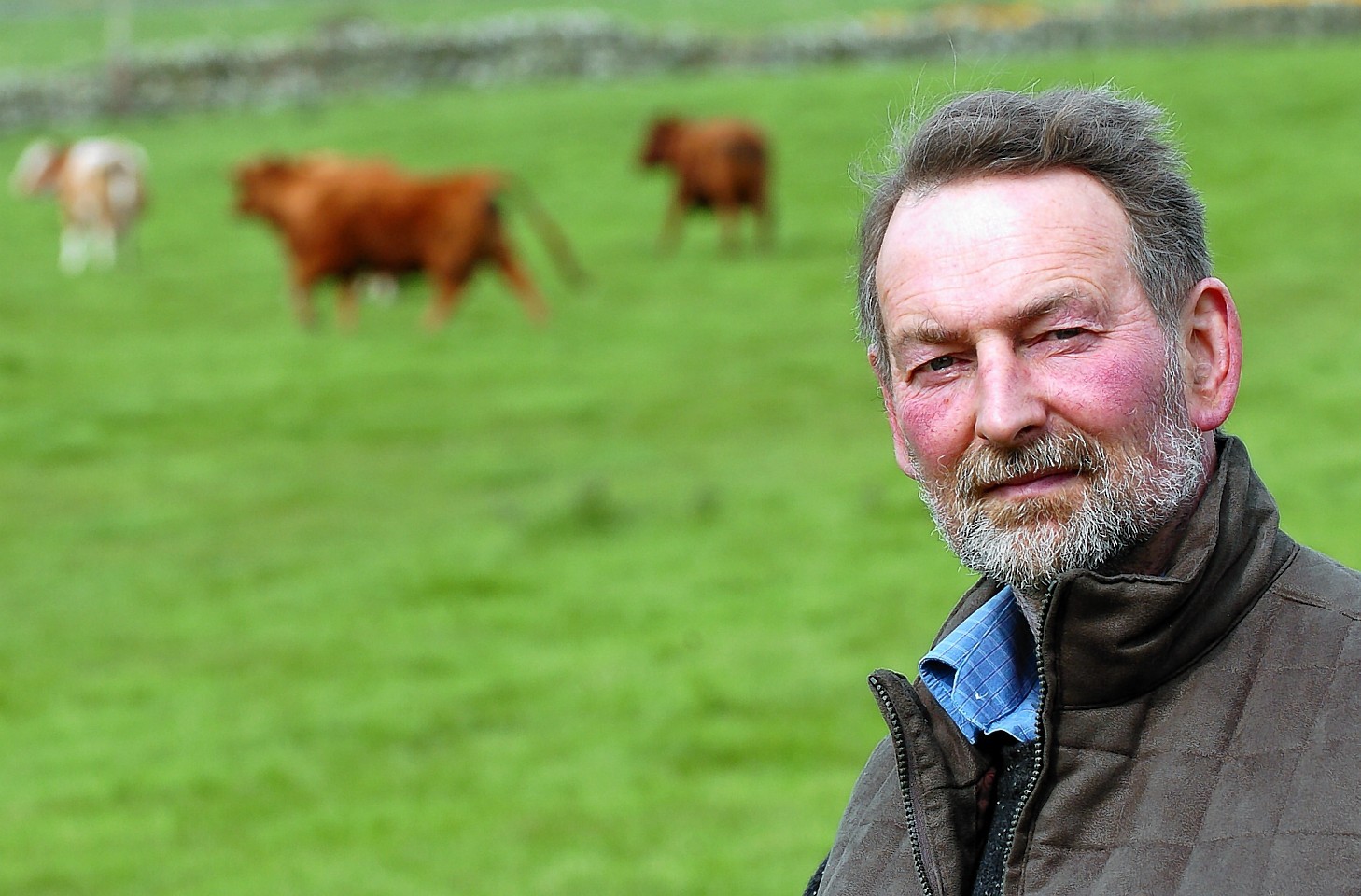There will be very few real winners in the new regime and the decision to use a third region in the rough grazing area will go a long way to cut back on over compensating the less active farmers.
One of the most controversial decisions has been to introduce a phased transition period, but there is no doubt that an immediate transition could disrupt many farming businesses and put unwarranted pressure on markets.
It is now important to ensure there will be adequate resource in the national reserve to ensure new entrants will not continue to be disadvantaged. This will mean a higher top-slicing of payments which quite rightly will have to be shared by all.
Much of the focus of the new Cap is making sure that support is targeted towards active farmers and the Scottish Government will now have to ensure that the implementation rules will be robust enough to deliver this.
The Scottish Tenant Farmers Association hopes the use of 2013 as a reference year for claiming entitlements and including sporting estates in the negative list will reverse the manoeuvers of the last few years, which have seen a good number of tenancies brought to an end, and encourage land back into the rental sector helping the government’s aspiration to grow the tenanted sector.
Cap reform has been a difficult juggling act with a limited budget and a restrictive rule book and the Cabinet Secretary has done his best to address the concerns of most and help the sector liable to be most damaged.
It is now up to the industry to help the government make it work. To this end STFA hopes that professional advisers will accept the spirit of this Cap and not strain every sinew to find loopholes to circumvent the rules as has so often been the case in the past.
*Angus McCall has written on behalf of the Scottish Tenant Farmers Association
